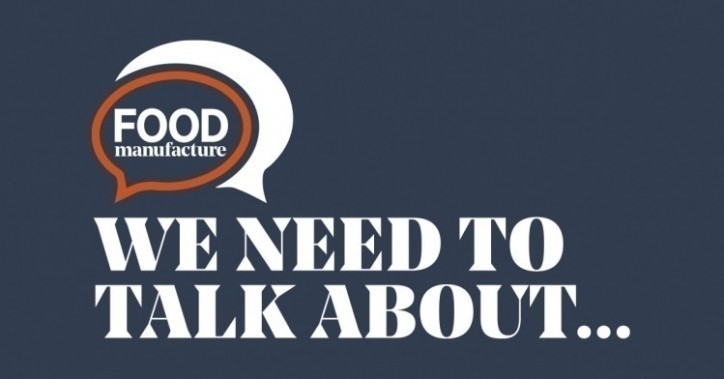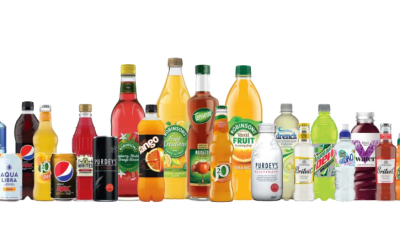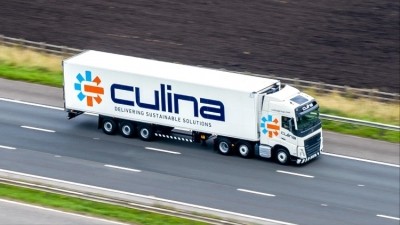We need to talk about ...
We need to talk about illegal meat imports

There continues to be considerable controversy over how port health authorities and border control posts are charging for daily operations and sanitary and phyto sanitary (SPS) inspections. Many importers are still nonplussed that they can be regularly paying inspection fees for incoming loads while they are not actually being called for inspection.
And herein lies the irony. Some domestic producers saw these charges as levelling the playing field, protecting them from overseas competition while introducing fees for exports they have faced since 2021. That may be true of the charges themselves, but they bear precious little relationship to whether or not loads are actually being subjected to SPS inspections.
In actuality, it seems as if the bulk of these payments could easily be redirected towards funding the huge initial outlay made on Border Control Posts (BCPs), which now are barely being used. From all we hear, the bulk of goods continue to be waved through without checks being applied.
What we therefore have are ports and BCPs that are strapped for cash and under-resourced, unable to apply the kind of regular checks desperately needed to prevent illegal imports from breaching UK borders. That’s hardly safeguarding domestic producers.
The major area of concern is illegal meat imports, particularly pork, from the EU and the rest of the world. Dover flagged the seizure of 3.4 tonnes of illegal meat in April, which it claimed took the total amount of such meat seized to 85 tonnes since African Swine Fever (ASF) control measures took effect in September 2022.
Whereas Dover can impound the meat itself, it currently has no power to charge the people bringing the illegal loads over, which means they can keep doing so via any port they choose.
There also remains the issue that drivers with potentially illegal loads that require checking at Dover are required to drive 22 miles to Sevington for checks. No prizes for guessing what any self-respecting crook will do after they supposedly leave for that destination.
So far, many loads of illegal pork entering the UK with marks highlighting they come from ASF-infected countries are coming through mainly non-commercial routes. But there’s no way of knowing how much meat is crossing the border undetected. ASF is a particular fear, as the UK Government’s own website stresses that even meat from infected animals can spread the disease.
Multiple threats
It's not just ASF that is a threat. Many in the farming and processing industries can still recall the trauma of the last major foot and mouth outbreak in 2000/2001.
The last thing the UK needs as it builds its economy back up after the height of the pandemic is for livestock and meat exports to be hit by hugely damaging animal diseases.
The Livestock Chain Advisory Group, comprising a raft of trade associations, including PTF, has written to Defra secretary of state Steve Reed and UK chief vet Christine Middlemiss underlining the seriousness of the situation.
PTF is also seeking an urgent meeting on the topic between new Defra director general of biosecurity, borders and trade Emily Miles, formerly chief executive of the Food Standards Agency, and trade groups.
We can only hope the matter is given urgent attention and more resources are thrown behind bolstering UK border control before it’s too late.
To learn more about health and safety within the food and drink manufacturing sector, register now for our exclusive editorial webinar on safeguarding your factory and supply chain.
The session is tailored for health and safety directors who are looking to enhance their strategies, mitigate risks and ensure their supply chains are resilient and compliant.
















